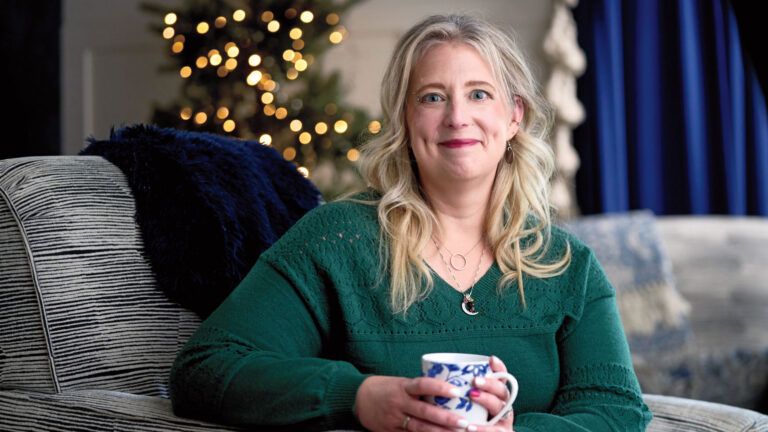“Sadness is the griever’s constant companion,” writes author Sophia Dembling in a Psychology Today article, “The Nonnegotiable Sadness of Grief.”
Reflecting on her grieving process following her sudden widowhood in spring 2020, Dembling names a myriad of emotions that accompany loss: guilt, regret, fear, anxiety, anger—all are real, all are normal.
And in working with therapists and other counselors, all of those feelings can, eventually, feel navigable to a mourner. But sadness, she says, stays with you through it all.
Some people might want to manage their sadness like they manage their anger or anxiety. And if you are experiencing symptoms of depression—which is distinct from the situation-specific emotion of sadness—you are wise to seek support and counseling.
But Dembling found the most authentic healing when she “leaned into sadness,” acknowledging its ubiquity and, ultimately, letting it guide her in a healing direction.
“I don’t fight the sadness,” she writes.
“It feels like love. When it comes over me, I stop whatever I am doing and let myself feel it fully. Sometimes it brings tears, sometimes just that ache in my chest, but it is always a moment to feel everything I have ever felt for Tom. It is my heart remembering.”
Whether you are mourning a recent loss or feeling a surge of grief years after losing someone, this is an important insight. Acknowledging and even welcoming sadness when it surfaces gives you access to the full range of responses in living with a loss.
And that is what a healthy grieving process looks like—you learn not to push away the so-called “negative” emotions like sadness, even as you slowly return to pursuing positive emotions like hope, peace and joy.
“Our loved ones wouldn’t want us to give up reaching for joy and happiness, they wouldn’t want us to give up on life,” writes Dembling, “But I believe they would want us to be sad, just as they would be sad to lose us—and wouldn’t you want them to be?”






